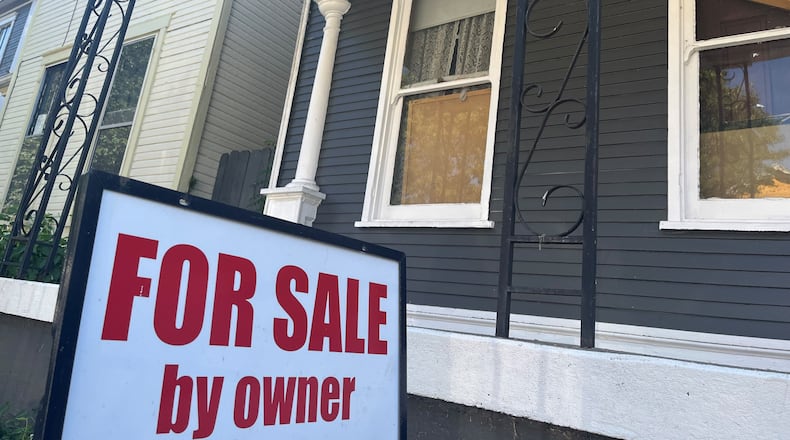The HELPER Act currently has more than 75 co-sponsors in the House, including four members from Ohio, and three local mayors have publicly advocated for the bill. Trotwood Mayor Mary McDonald, Dayton Mayor Jeffrey Mims Jr., and Huber Heights Mayor Jeff Gore recently co-authored a letter detailing their support.
The letter cites a staffing shortage of first responders spurred by housing concerns.
“These brave men and women don’t ask for fame or recognition, just the opportunity to serve their communities and make enough money to take care of their families,” the mayors’ letter reads. “But skyrocketing home prices are creating new barriers that make it very challenging for municipalities to hold up their end of the bargain.”
The assistance program would be available to federal, state and local law enforcement officers, firefighters, paramedics, emergency medical technicians, and teachers employed by public and private, state-accredited K-12 schools.
Some question how much the program is needed in Dayton, which the National Association of Home Builders ranked as the fifth most affordable housing market in the nation earlier this year.
According to JoinDaytonPD.com, a Dayton police officer will start out with a salary of $60,000 per year and increase to $73,000 over the course of six years. In Dayton Public and Huber Heights schools, a teacher in their seventh year (around age 30) would generally make between $56,000 and $70,000 per year, according to those districts’ union contracts.
Those pay scales, paired with comparatively low housing costs, would ideally attract workers in these fields. However, some city leaders are saying this is not the case, and that efficient public services are threatened because of this.
As of April, the Dayton police department had about 340 officers, with a few expected to retire soon or depart for other jobs, Chief Kamran Afzal said. The police department usually tries to have about 365 officers.
Stephanie Kellum, Trotwood’s deputy city manager, said the HELPER Act is critical to the area because it further incentivizes first responders and teachers to choose the Dayton region as a place to work and live. “If Ohio is to remain competitive, we need to maintain our greatest asset — the workforce.”
Along with their backing of the bill to assist teachers and first responders, Kellum and Gore said they would also be in support of similar assistance for workers in other public servant positions, including those within the healthcare and public works fields.
“It only makes sense for people who work, support, and give back to our community to have every opportunity to own a home within our community,” Gore said.
About the Author

